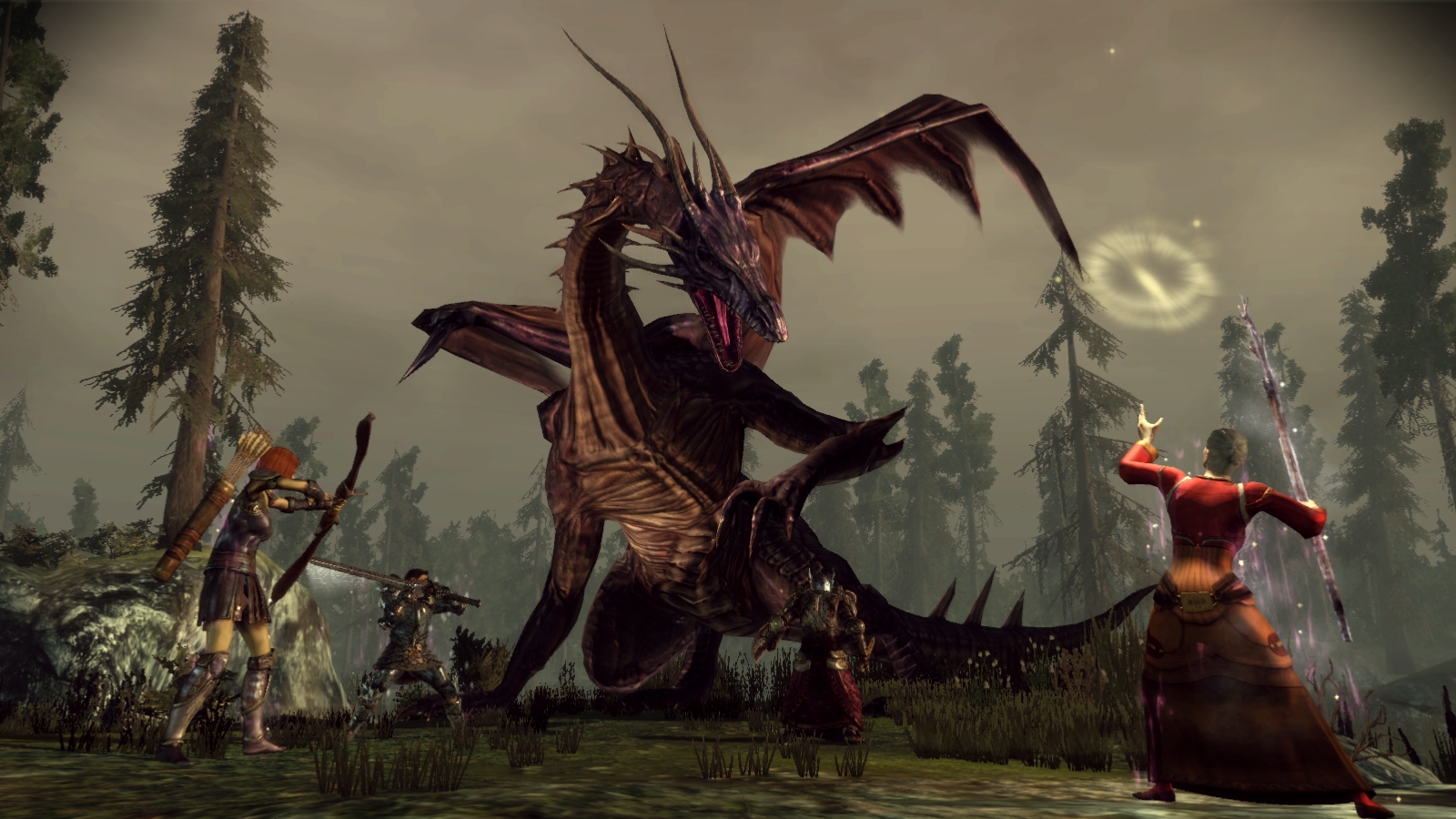My Spring break was spent here at Midd working on projects and playing video games :D.
I continue to play League of Legends (couple games a day usually). Nothing new to talk about here.
The big news, though, was the release of Diablo 3’s new expansion Reaper of Souls. It was pretty hyped because this Reaper of Souls was the first big news in Diablo 3 since the games launch. A couple weeks before Reaper of Souls launched, Blizzard implemented a new Loot 2.0 system that guarantees a higher percentage of your loot drops to actually be relevant to your character (in vanilla Diablo 3, loot drops were literally random. You could get great gear or absolute crap that wasn’t even for your class at any time). Also, a huuuuuuuuuuuuuuuuuuge change that came to Diablo 3 just before the RoS release was the REMOVAL OF THE AUCTION HOUSE!!!!!!!!!!!!!!!!!!!!!!!!
So, to people who don’t know what the Auction House was, it was Blizzard’s in-game market for weapons, gear and gold. Players could grind for gear and then sell any gear they didn’t want on the Auction House (either for in-game gold OR if the item was really really really really good, you could sell it for REAL MONEY! :O :O :O). The Auction House was by far the worst part of vanilla Diablo 3. There was no reason to play the game because if you got stuck you could literally just pay to win the game by buying new/better gear. I, personally, hardly used the AH because I ended up quitting the game 2 months after its launch (after reaching level 60 and the end-game grind for pointless gear that you could just buy on the AH).
So, with the AH and Loot 2.0 changes just before the launch of a new expansion, Diablo 3 had gotten pretty hype again (2 years after launch…..). So, this break before the expansion dropped, I got back into the game and grinded out some gear that would make my realllllllly old character relevant in the meta again (the grind for gear now takes much less time than it did way back at launch, that’s for sure!). After beating through Act 5 (the expansion act), I’m still playing the game. Currently I’m leveling a new character called the Crusader to level 70 (the max level). I’m wondering if the game will eventually get to a grind and if I will get bored with it soon enough, because unfortunately RoS didn’t add any new content that has massive amounts of replay-ability; all you can do in-game still is replay the campaign over and over and hope to get better gear so you can do higher difficulty settings. But, the current consensus in the community is that there isn’t really a reason to play above Torment 2 or 3 (out of 6) because it takes so long to progress that, even though you are gaining more EXP and gold, your progression rate is so slow that you might as well play on a couple difficulties lower to be able to go faster (so you can kill more bosses to get more guaranteed legendary items).
Alas, we shall see if the game can keep me interested for long. I hope it does, but at the end of the day I don’t know how I’ll feel weeks/months from now. I’ve always got a excessively large Steam library to fall back on!


